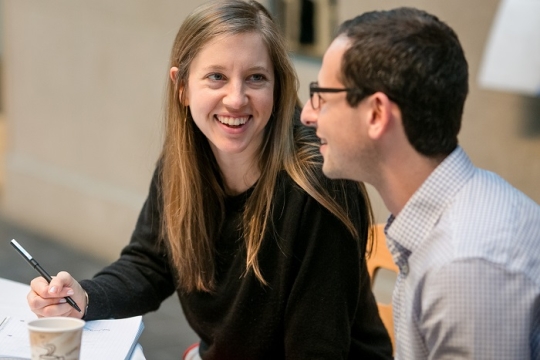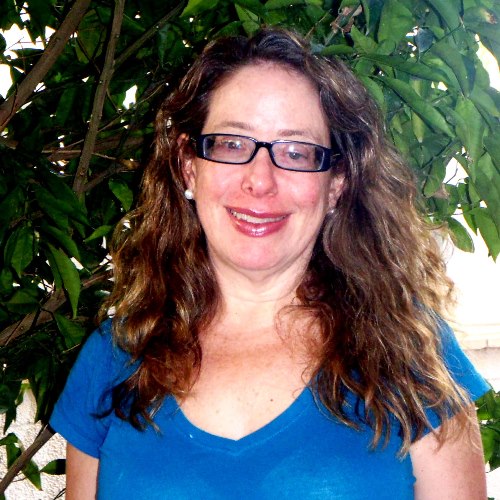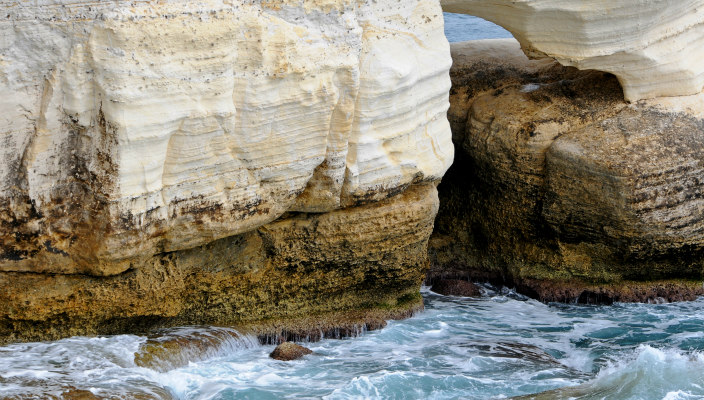
In the Western Galilee where I live in northern Israel, the population is diverse – about half is Jewish with the other half a combination of Muslim, Christian, and Druze. Although many of us live in different cities and villages according to faith or culture, some of our communities are mixed, so we share many of the same entertainment venues, businesses, and institutions. We live and work together and must afford one another respect and understanding.
Located here is also a small European Christian Zionist village called Nes Ammim, comprising volunteers, mainly from Germany and the Netherlands, who come to Israel for periods of time to live, learn, and perform community service.
Since Nes Ammim's founding in 1963, my congregation, Kehillat Emet VeShalom Nahariya, has nurtured a relationship with this Christian community. We share in each other’s hospitality, learn from each other, and participate together in programs that promote tolerance and cooperation among the various cultural and religious groups that make up our community.
One such program is the village's annual commemoration of Kristallnacht, the pogrom (a series of coordinated deadly attacks) against Jews and Jewish property that was carried out by Nazi forces and non-Jewish civilians throughout Nazi Germany and Austria on November 9-10, 1938. Known as “The Night of Broken Glass” – because the destruction of Jewish businesses, synagogues, and homes left the streets filled with shattered glass – the event marked a significant turning point in the rise of Germany's persecution of Jews.
Nes Ammim's ceremony – which combines remembering, learning, and prayer – is held on the anniversary of Kristallnacht in the village's non-denominational house of prayer and study. Representatives from various local cultures and faiths, along with members of churches in Germany and The Netherlands, participate in the ceremony.
This year, Nes Ammim also marked 50 years of diplomatic relations between Israel and Germany and 70 years since the end of the Holocaust. In his remarks commemorating these milestones, the Federal Republic of Germany's Ambassador to Israel, S.E. Dr. Clemens von Goetze, emphasized the “silent majority” of German civilians who did nothing to stop the violence against the Jews and the destruction of Jewish property. He noted that this silence paved the way for the crimes of the Holocaust.
Amb. Dr. von Goetz responded to the rhetorical question, "How did the German people let this happen?" by attributing the events to a complete moral collapse of their nation. He stressed that the country and her people must not only remember and never forget, but must also work to educate and to fight anti-Semitism.
The commemoration encourages us to share the story of the past in the hope of learning from it to promote justice and peace. We were especially jarred by pictures from Kristallnacht juxtaposed with images and headlines of anti-Semitism in Europe today. The evening's speeches, music, and readings of poetry and sacred texts, together with the candle lighting in memory of the six million Jews who perished in the Holocaust were skillfully woven together, creating a poignant memorial and a reminder that we must strive to resist evil by “confronting the bystander in each of us.”
The program also encouraged us to think about how we, as individuals and as members of society, can stop immoral developments and promote peace and justice, without being paralyzed by feelings of powerfulness. Nes Ammim's commemoration always resonates strongly with me because it is organized and run by European Christians and attended by individuals from many cultures and faith backgrounds.
To close the ceremony, we all sang the Hebrew poem “Walking to Caesarea,” written by Hannah Senesh in 1942 and set to music as the song “Eli Eli.” Senesh, one of Israel's heroines, gave her life trying to save Hungarian Jews from the Nazi death camps. “Eli Eli,” her short prayer of hope that praises things that never end – the sand, the water, and prayer – is included in most Holocaust ceremonies in Israel.
In singing these powerful words together, we remember and affirm that we must maintain hope and continue to strive for mutual understanding, justice, and peace:
My God, My God,
May these things never end.
The sand and the sea,
The rush of the water,
The lightning in the sky,
The prayer of man.
Such ceremonies are always meaningful and moving. This one seemed especially so in light of the many disturbing instances of anti-Semitism, terror, and injustice in Israel and our world today.
Have something to say about this post? Join the conversation in The Tent, the social network for congregational leaders of the Reform Movement. You can also tweet us or tell us how you feel on Facebook.
Related Posts
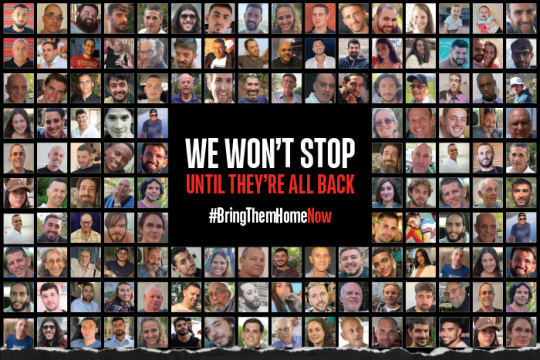
URJ and Israel: Post-October 7th Updates and Resources
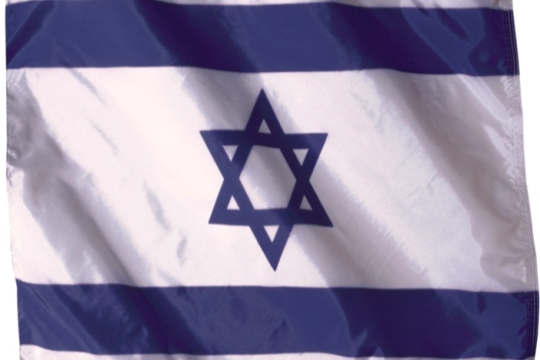
Israel: A Toolkit
